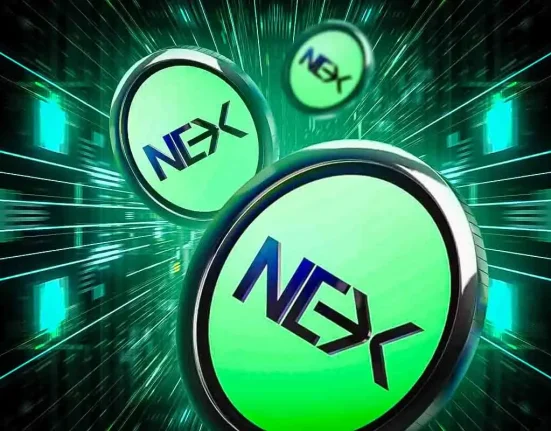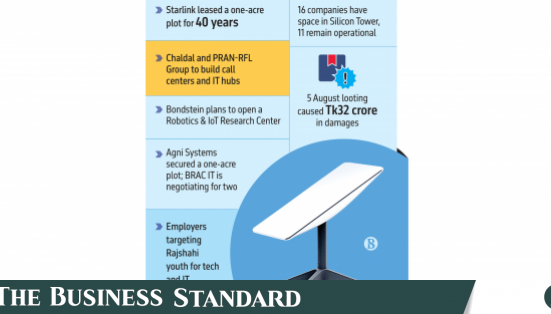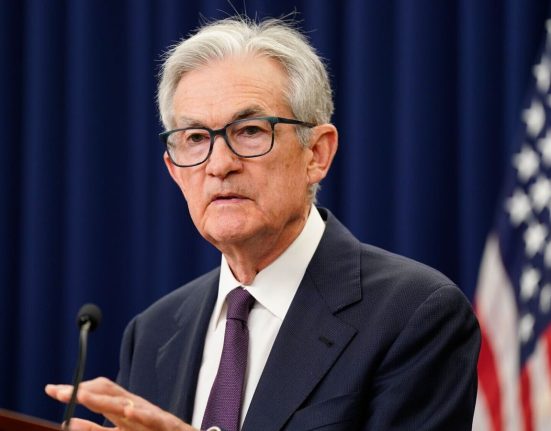Employer-sponsored retirement funds may soon have options like private equity and cryptocurrency funds, alongside the typical stock and bond funds.
tdub303/Getty Images
hide caption
toggle caption
tdub303/Getty Images
The funds in most retirement accounts are pretty basic: stocks and bonds.
Now, an executive order signed by President Trump aims to lay the groundwork for an array of “alternative assets,” including cryptocurrency, real estate and private equity, to be included in 401(k) and similar accounts.
These accounts are retirement plans offered by employers that workers can contribute to. Workers choose among several investment options, typically funds of publicly traded stocks and bonds.
The order directs the Department of Labor, the Treasury, and the Securities and Exchange Commission to clear the path for such assets to find a place alongside stocks and bonds.
Private equity in your 401(k)?
Private equity firms are investment companies that buy up companies or assets — often distressed businesses. Sometimes the private equity firm succeeds in turning a company around — and sometimes, like with Toys R Us, the company gets loaded with debt and goes bankrupt.
Historically, the investors in private equity have been large institutions, like universities and state pension plans, as well as very wealthy people. But for most other people, private equity has not been an option.
Making it available as an investment option within 401ks would be a big change.
“There’s a bit of democratization here, of making what were private exclusive investments to the wealthy available to everybody. But, you know, that doesn’t mean you’re getting the kind of stuff that has made other people wealthy,” says Lisa Kirchenbauer, founding partner and senior advisor at Omega Wealth Management in Arlington, Virginia.
That’s because it will depend on which companies or investments are put into these new funds, she says. And Kirchenbauer isn’t convinced they will be the “best” opportunities, which might still be reserved for wealthier investors.
No law forbids including these assets in 401(k)s. But for plan managers, there have been some good reasons to exclude them: higher risk, complexity, lack of transparency — and for private equity, often much higher fees.
Which funds are on offer is really up to employers, since they are the administrators of 401k plans. A federal law called ERISA requires the employer to act in employees’ best interest as a fiduciary — and it gives workers the right to sue their employers for failing to do so.
The Biden administration even warned plan administrators against including cryptocurrency funds in 401(k)s.
All of that had given employers ample reason to stick with the vanilla options of stock and bond funds.
But the Trump administration has more warmly embraced alternative assets. Trump’s Labor Department rescinded the Biden-era guidance in May.
New possibilities and new risks
The executive order could mean new options will be available within your retirement account, though not right away.
New kinds of funds have to be developed for the retail market — a process that’s already underway, because 401(k) investors represent a huge new market for private equity firms and cryptocurrency companies.
But experts say these assets may not be well suited to everyone’s 401k.
Private equity firms charge really high fees: typically 2% as a management fee and 20% of the profit. And investors are locked in for long periods of time, which could be a decade or more. Things could get messy if you’re planning to retire or switch jobs soon, and want to move your money around.
Jeff Hooke, senior finance lecturer at Johns Hopkins University, says the fees for private equity are simply too high to make them a good choice for the typical retirement fund. “And the track record for the last ten or 12 years has been mediocre at best, so I wouldn’t recommend it, he says.
Crypto, meanwhile, has its own risks: it’s highly volatile and loosely regulated.
Kirchenbauer says if you’re really keen on alternative investments, and far from retirement, you might consider making these new assets up to 5 or 10% of your portfolio.
Meanwhile, Hooke suggests sticking with the basics: stock and bond index funds. “You’re protected from high fees and you’re principally guaranteed to return what the market does, since the fees are going to be extremely low,” he says.
With the S&P 500 repeatedly setting records this year, some investors might find that tracking the market is enough.








